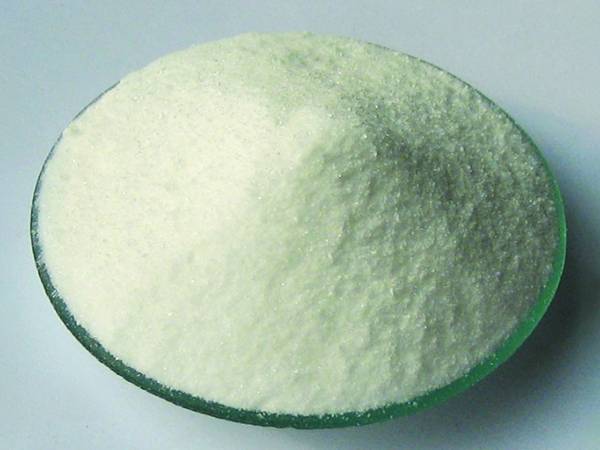



boiler water treatment chemicals
Boiler Water Treatment Chemicals Ensuring Efficiency and Longevity
Boilers are essential components in numerous industries, providing steam for heating, power generation, and other industrial processes. However, to maintain optimal performance and extend the lifespan of boiler systems, the treatment of boiler water is crucial. The use of boiler water treatment chemicals plays a vital role in preventing corrosion, scale formation, and other issues that could lead to inefficiencies or system failures.
Corrosion in boiler systems is primarily caused by oxygen and carbon dioxide that dissolve in water, leading to rust formation. To mitigate this, oxygen scavengers such as sodium sulfite or hydrazine are commonly used. These chemicals react with dissolved oxygen, effectively removing it from the water. Regular monitoring and treatment using these chemicals can significantly reduce corrosion rates, ensuring the integrity of the boiler system.
Scale formation is another major concern when it comes to boiler water. Hard water, containing high levels of calcium and magnesium, can lead to the deposition of scale on boiler tubes and heat exchangers. Scale acts as an insulating layer, reducing heat transfer efficiency and increasing fuel consumption. To combat this, scale inhibitors such as phosphonates and polyacrylic acids are employed. These chemicals bind to the minerals in the water, preventing them from precipitating and forming scale. Regular treatment helps in maintaining a clean and efficient heat transfer surface.
boiler water treatment chemicals

In addition to corrosion and scaling, it is also important to maintain the appropriate pH levels in boiler water. A pH that is too low can be corrosive, while a high pH can lead to scale formation. Neutralizing amines, such as morpholine and cyclohexylamine, are often used to control pH levels, ensuring a balanced environment that promotes longevity and efficiency.
Another critical area of monitoring is the total dissolved solids (TDS) in boiler water. High TDS levels can lead to foaming, carryover of impurities, and operational issues. To address this, sodium and potassium ions are introduced to replace harmful impurities, and blowdown procedures are implemented to remove concentrated water from the system, thereby maintaining acceptable TDS levels.
In conclusion, the proper treatment of boiler water using appropriate chemicals is essential for the reliable and efficient operation of boiler systems. By employing oxygen scavengers, scale inhibitors, pH controllers, and maintaining TDS levels, industries can protect their equipment from damage, enhance energy efficiency, and reduce operational costs. Investing in quality boiler water treatment chemicals is not just a maintenance task; it is a critical strategy for achieving operational excellence and sustainability in industrial processes.
-
Why Sodium Persulfate Is Everywhere NowNewsJul.07,2025
-
Why Polyacrylamide Is in High DemandNewsJul.07,2025
-
Understanding Paint Chemicals and Their ApplicationsNewsJul.07,2025
-
Smart Use Of Mining ChemicalsNewsJul.07,2025
-
Practical Uses of Potassium MonopersulfateNewsJul.07,2025
-
Agrochemicals In Real FarmingNewsJul.07,2025
-
Sodium Chlorite Hot UsesNewsJul.01,2025










